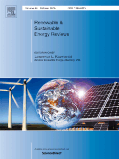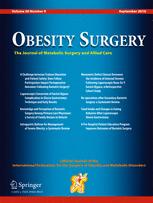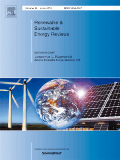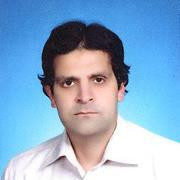 The wheels of scientific publishing turn slowly … but they do (sometimes) turn.
The wheels of scientific publishing turn slowly … but they do (sometimes) turn.
In January, we reported on the case of a paper on global warming marred by several problems, including allegations of plagiarism and “false claims” by the authors — which readers had raised as early as 2014, with no result. (Find a discussion of those allegations here.)
Now, the journal, Elsevier’s Renewable and Sustainable Energy Reviews (ironic on multiple levels, when you think about it), is retracting the paper.
According to the long-time-in-coming retraction notice: Continue reading Four years after readers raise concerns, journal finally retracts climate paper



 With retraction notices
With retraction notices 


